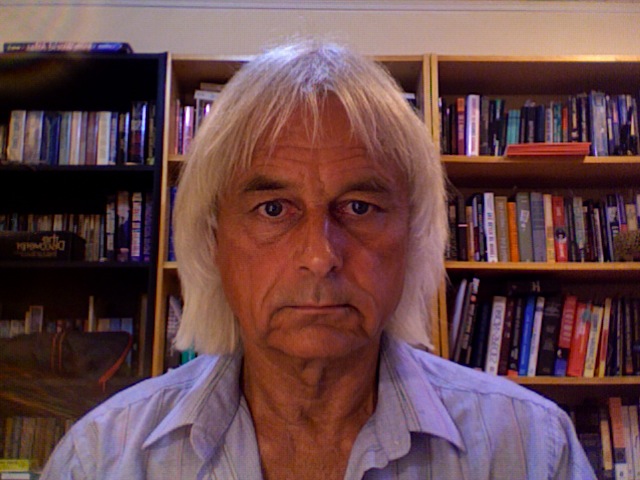Money is the master system, the real economy is the slave system, not vice versa as orthodox (mainstream) macroeconomics has historically assumed. Without monetary information flows energizing its nervous system, the economic body sits there ready but unmoving. Without buyers offering to pay money to workers/producers/sellers, the economy does not "work". Money comes first as cause; work comes next as effect. Money causes the economy. The economy does not cause money.
You cannot solve a money problem with "more economic production"; or with "more efficient economic production". That might give you a temporary comparative advantage in the game of money mercantilism, where winners earn positive sums by capturing credits spent by losers. But that "assumes spendable credits" in the hands of losers, and only shifts the credit-deficit (the debt) onto a different player. A global solution requires the addition of net positive money into the currency system (dollar, euro, yen, etc) to build a solid bridge across the system's credit-debt gaps.
Arithmetically literate macroeconomists understand the numerical nature of credit (temporary positive numbers), debt (temporary negative numbers) and money (permanent positive numbers); and understand the macro economy in terms of balance sheet accounting between different "financial units".
Within the commercial bank credit-debt system, one financial unit cannot earn and save credits unless a different unit borrows and spends the credits and owes repayment as debt to the bank. One financial unit cannot sell stuff and earn credits, unless a different unit buys the stuff and pays the credits. One nation cannot enjoy a trade surplus (sell more than they buy) unless the rest of the world suffers a trade deficit (buy more than they sell).
Producers produce stuff to sell to consumers. Commercial banks issue all of the 'buy money' as linked pairs of credits and debts. Producers export stuff and earn credits. Consumers import stuff and owe debts.
"Growth" -- within this system -- means an expansion of total credits AND total debts. You cannot grow your way out of a balance sheet accounting equation. Growth just makes all the positive and negative numbers equally bigger. And makes the credit-debt imbalances wider, not narrower.
After a few rounds, powerhouse producers like Germany gain all the credits, and consumers like Greece owe all the debts. Exporters begin wondering how importers will ever repay them, and trade ceases. The "balanced trade" solution requires that Germany stops selling stuff to Greece and becomes a net importer of Greek exports. Greece "pays" for its imports by selling exports to Germany. But Germany likes being a net exporter and won't accept this solution, even if Greece could (it can't) produce enough stuff that Germans want. So the trade game stalls with this irresolvable imbalance of uncollectable credits and unpayable debts.
The game can never be restarted as long as commercial bank-issued credit/debt money remains the monopoly source of the game's "money supply". Within the commercial bank balance sheet, the only way to pay down total debt is by using the winners' credits to cancel out the losers' debts: which leaves less credit-money and less debt. Subtracting positive sums held by savers and using them to cancel out negative sums owed by debtors.
Next Page 1 | 2 | 3 | 4 | 5 | 6 | 7
(Note: You can view every article as one long page if you sign up as an Advocate Member, or higher).





